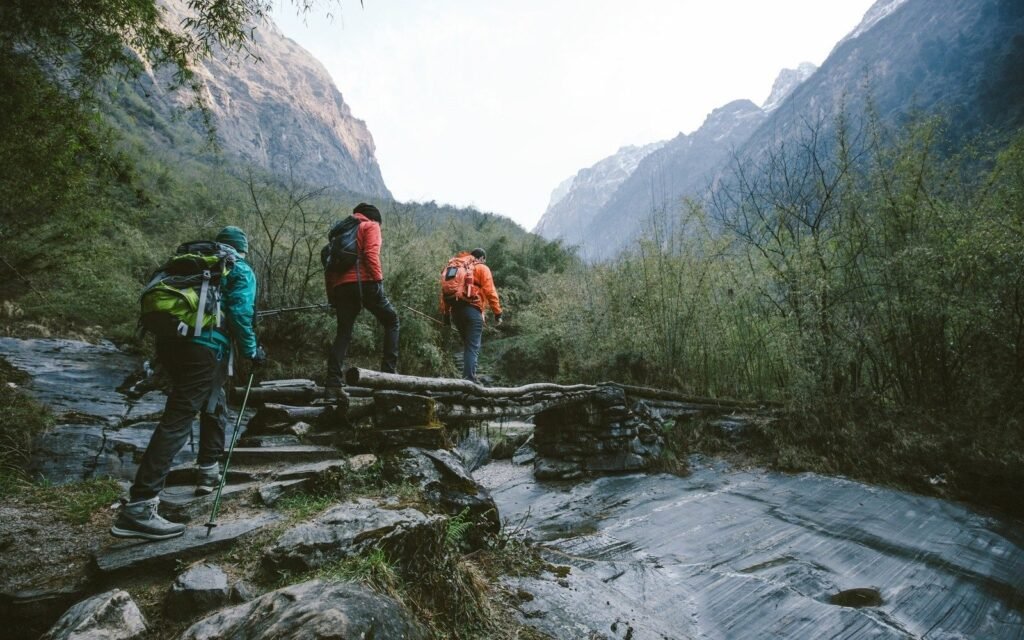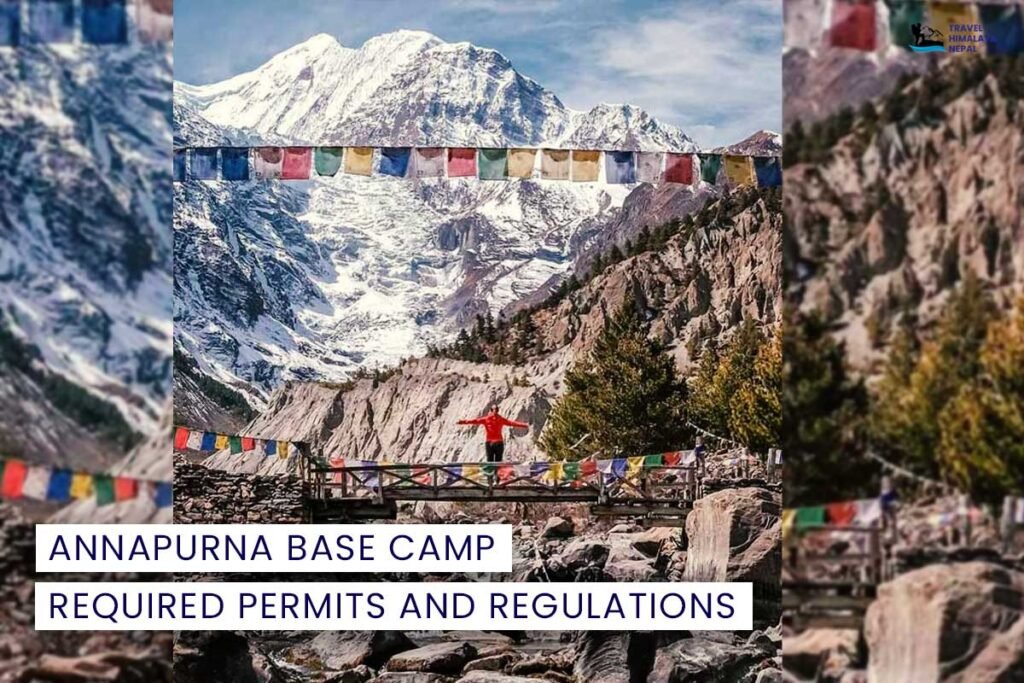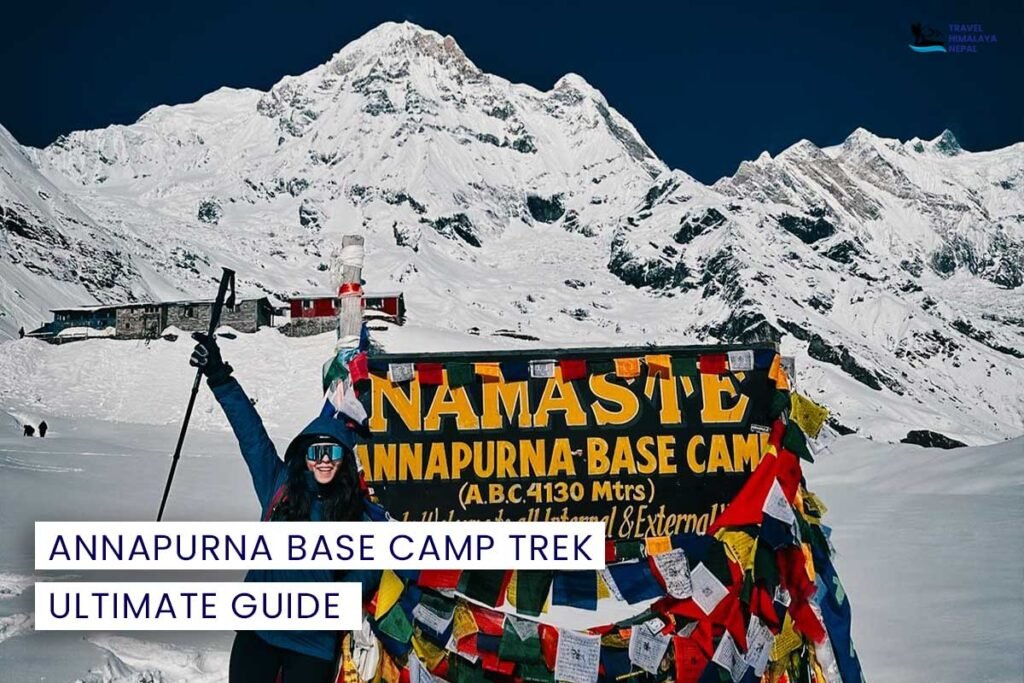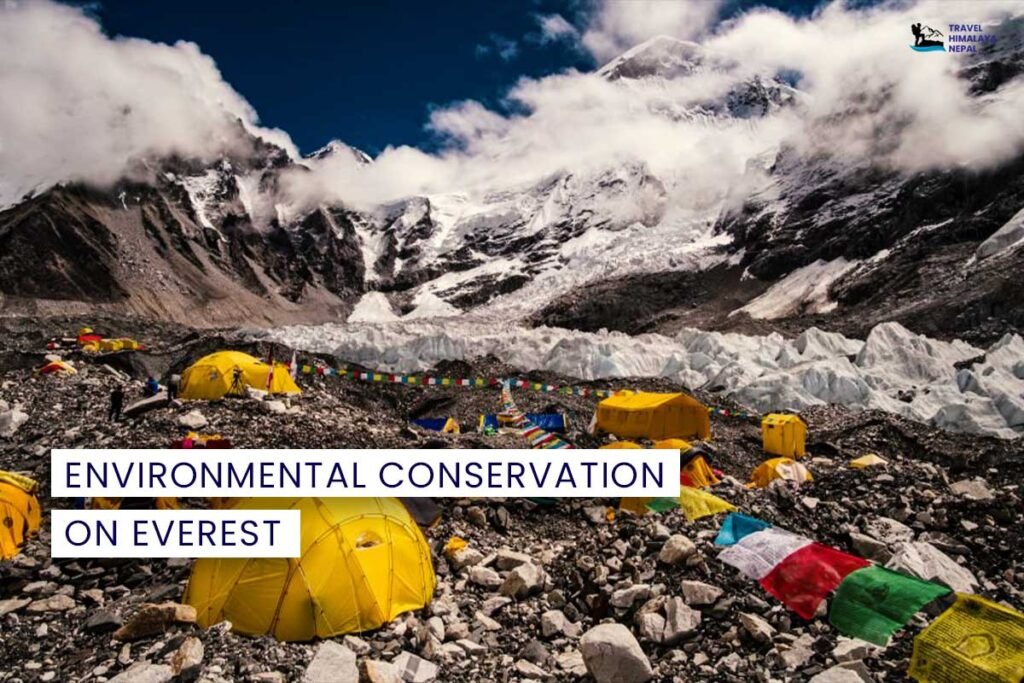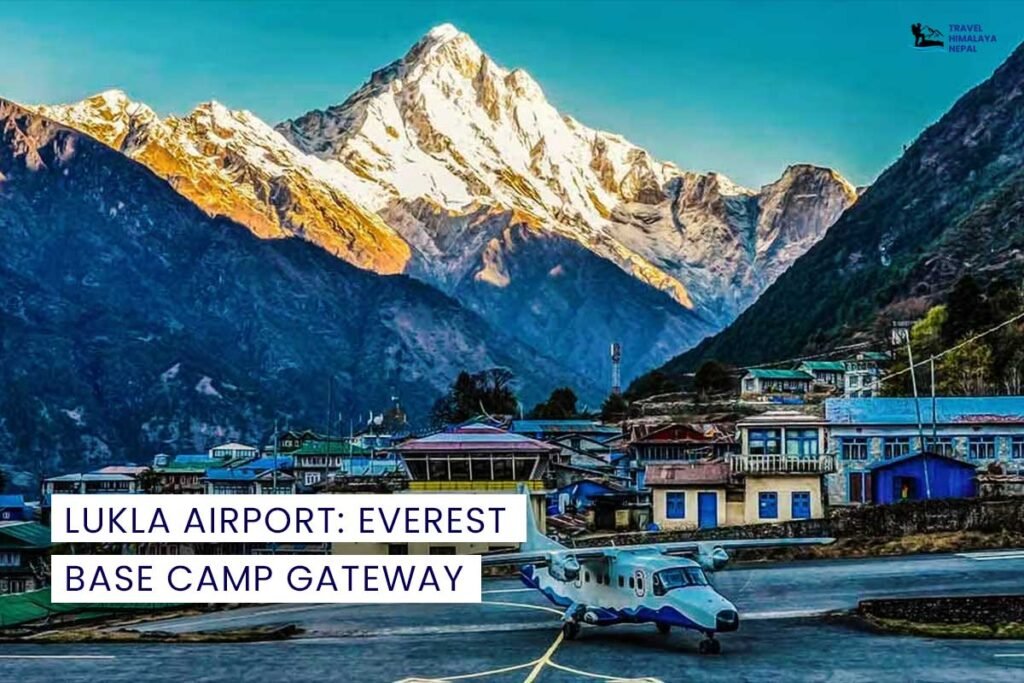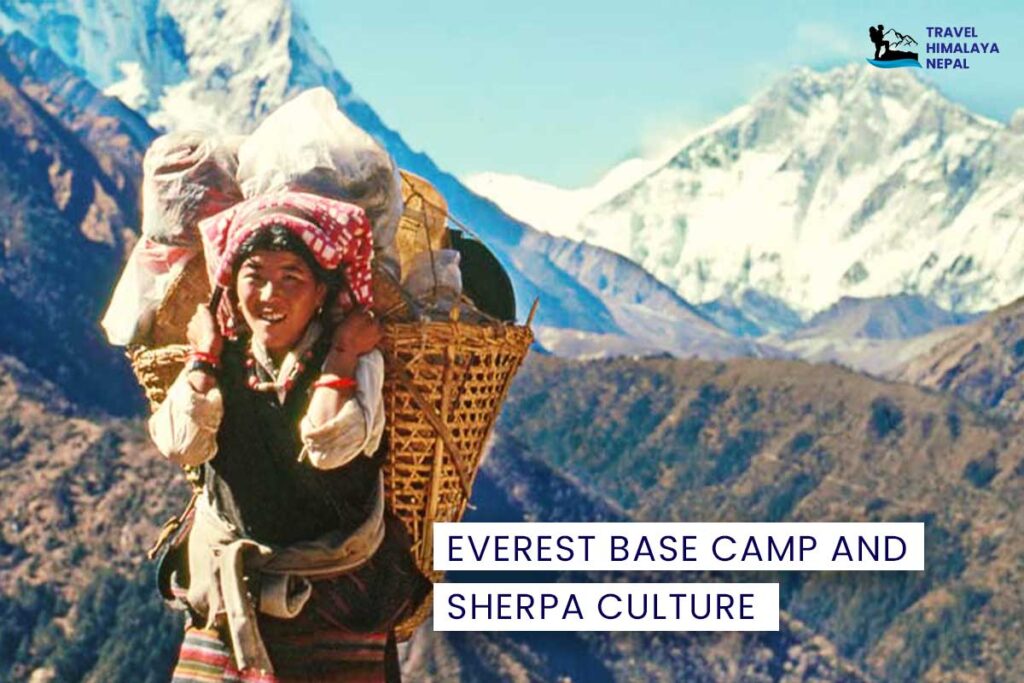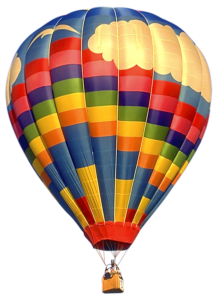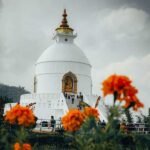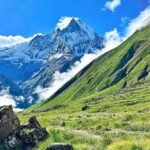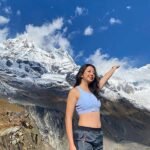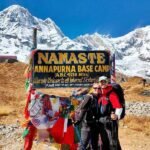The Everest Base Camp Trek (EBC Trek) is a legendary adventure that takes you through the heart of the Himalayas, culminating at the foot of the world’s tallest mountain, Mount Everest. The journey offers breathtaking landscapes, diverse cultures, and a true test of your physical and mental resilience. So, let’s explore everest base camp trek gear list.
However, the EBC Trek also presents challenges – namely, the dramatic changes in weather conditions as you gain altitude. Temperatures can plummet from pleasant warmth at lower elevations to frigid nights at higher camps. You might encounter sunshine one minute and a sudden snowstorm the next.
Here’s where proper gear becomes paramount. Having the right equipment is essential not only for your comfort but also for your safety. Packing the right clothes, footwear, and other necessities will ensure you can navigate the changing environment with confidence and allow you to focus on enjoying the awe-inspiring beauty of the Everest region.
This guide will equip you with the knowledge you need to choose the essential gear that will make your EBC Trek an unforgettable success.
Check Out: Everest Base Camp Guide
Essential Gear Categories for Your EBC Trek Conquest
Conquering Everest Base Camp requires a well-equipped arsenal to combat the ever-changing mountain environment. Here’s a breakdown of the essential gear categories you’ll need to consider:
Building Your Foundation: Clothing
- Base Layers: These are the garments that hug your body directly, wicking away moisture and keeping you warm and dry. Opt for breathable, quick-drying fabrics like merino wool for thermal underwear, leggings, and t-shirts.
- Insulation Layers: These provide warmth when temperatures drop. Think fleece jackets, sweaters, or a down jacket depending on the season.
- Outer Shell: Your shield against wind, rain, and snow. A good quality waterproof jacket and pants with breathable membranes (like Gore-Tex) are crucial.
- Trekking Trousers & Shorts: Convertible pants offer versatility, while lightweight, quick-drying hiking pants are ideal for warmer sections. Pack shorts for lower elevations if trekking during summer.
- Additional Clothing: Don’t forget a warm hat, liner gloves and waterproof outer gloves, gaiters to keep snow and debris out of your boots, and a comfy neck gaiter for sun protection or extra warmth.
Footwear: Your Reliable Partner on the Trail
- Hiking Boots: These are non-negotiable. Invest in a sturdy, well-broken-in pair of hiking boots with good ankle support for uneven terrain.
- Trekking Poles: These provide additional stability, improve balance, and reduce impact on your knees, especially on descents.
Backpack Bliss: Carrying Your Essentials
- Backpack: Choose a comfortable backpack with proper fit and appropriate size for your needs (typically 40-60 liters for EBC treks). Look for features like adjustable straps, good ventilation, and a rain cover.
- Daypack: A smaller pack (around 20-30 liters) is ideal for carrying essentials during day hikes, camera gear, water, and snacks.
Sweet Dreams at High Altitudes: Your Sleeping Bag
- Sleeping Bag: With temperatures dipping well below freezing at higher camps, a good quality sleeping bag is vital. Choose one with a comfort rating of -15°C or lower for EBC altitude.
Beyond the Basics: Essential Extras
- Headlamp: A reliable headlamp is a must for pre-dawn starts and navigating after dark.
- Sunglasses & Sunscreen: Protect your eyes from the harsh mountain sun with high UV protection sunglasses and broad-spectrum sunscreen.
- Water Bottle & Purification Tablets: Staying hydrated is crucial. Consider a reusable water bottle and purification tablets to treat water on the trail.
- First-Aid Kit: Be prepared for minor injuries with a well-stocked first-aid kit.
- Toiletries & Medications: Pack essential toiletries and any necessary medications.
This list equips you with a roadmap for choosing the right gear for your EBC trek. Remember, proper equipment is an investment in your safety and comfort, allowing you to fully embrace the adventure and create lasting memories on this incredible journey.
Packing Smart for Everest Base Camp: Essential Tips
Having the right gear is crucial, but packing efficiently is equally important. Here are some key tips to ensure your backpack isn’t a burden:
- Embrace the Layering System: Mountain weather is unpredictable. Layering allows you to adjust to changing temperatures by adding or removing clothes.
- Fabric is Key: Choose quick-drying, breathable fabrics like merino wool or synthetic materials. These wick away moisture, keeping you dry and comfortable.
- Pack Light, Prioritize Warmth & Comfort: Every gram counts, so resist the urge to overpack. Focus on bringing essentials that prioritize warmth and comfort throughout the trek.
- Consider Renting Gear: Don’t have a sleeping bag or trekking poles? Renting high-quality gear from reputable outfitters in Kathmandu is a viable option, especially for bulky items.
Key Takeaway Table: Your EBC Trek Gear Checklist
This table provides a quick reference for the essential gear you’ll need for your EBC adventure:
| Category | Essential Items | Purpose |
|---|---|---|
| Clothing | * Base Layers (thermal underwear, leggings, t-shirts) * Insulation Layers (fleece jacket, sweater) * Outer Shell (waterproof jacket & pants) * Trekking Trousers & Shorts (convertible or lightweight) * Additional Clothing (hat, gloves, gaiters, neck gaiter) | Wicks away moisture, provides warmth, protects from wind/rain/snow |
| Footwear | * Hiking Boots (waterproof, good ankle support) * Trekking Poles (improves balance, reduces impact) | Provides stability and support on uneven terrain |
| Backpack | * Main Backpack (40-60L, comfortable fit) * Daypack (20-30L for day hikes) | Carries your main gear |
| Sleeping Bag | * Sleeping Bag (comfort rating of -15°C or lower) | Provides warmth for sleeping at high altitudes |
| Other | * Headlamp * Sunglasses & Sunscreen * Water Bottle & Purification Tablets * First-Aid Kit * Toiletries & Medications | Essential for navigation, sun protection, hydration, minor in |
Gearing Up for Success: The Final Word
Having the right gear is an investment in a safe and enjoyable Everest Base Camp experience. This guide has equipped you with the knowledge to choose the essential items you’ll need. Remember, reputable outdoor stores and outfitters can offer valuable advice on specific gear selection.
With the proper preparation and equipment, you’ll be well on your way to conquering the legendary Everest Base Camp Trek. The breathtaking scenery, the unique culture, and the immense sense of accomplishment await!
Explore:
- Environmental Conservation on Everest: Protecting the Peak
- Lukla Airport: EBC Gateway | World’s Dangerous Airport 2024
- Everest Base Camp and Sherpa Culture: Trek Through Tradition
- EBC Trek Acclimatization Tips and Tricks: Everest Base Camp 2024
- Everest Base Camp Trek Detailed Itinerary 2024 Updated
- Best Seasons to Trek to Everest Base Camp: Adventurer Must Know
- Preparing for Everest: A Beginner’s Guide
Essential Gear FAQs for Your Everest Base Camp Trek
Here are 8 frequently asked questions (FAQs) with answers to guide you on selecting the essential gear for your Everest Base Camp Trek:
1. What are the most important clothing items to pack for the EBC Trek?
The most important clothing for the EBC Trek is a layering system that allows you to adapt to changing temperatures. This includes base layers (thermal underwear, leggings, t-shirts), insulation layers (fleece jacket, sweater), a waterproof outer shell (jacket & pants), trekking trousers or shorts, and additional items like a hat, gloves, gaiters, and a neck gaiter.
2. Are hiking boots absolutely necessary for the EBC Trek?
Yes, hiking boots are essential for the EBC Trek. They provide crucial ankle support and stability on uneven and sometimes slippery mountain terrain. Invest in a sturdy, well-broken-in pair of boots with good waterproofing.
3. What size backpack should I bring for the EBC Trek?
A backpack size of 40-60 liters is generally recommended for the EBC Trek. This allows you to carry all your essentials comfortably. Additionally, a smaller daypack (20-30 liters) is helpful for carrying water, snacks, and camera gear during day hikes.
4. Do I need to buy a sleeping bag specifically for the EBC Trek?
While you can buy a sleeping bag, renting one from a reputable Kathmandu outfitter is a viable option, especially for bulky items. Ensure the sleeping bag has a comfort rating of -15°C or lower to handle the cold temperatures at higher elevations.
5. What are some essential items besides clothing and footwear?
- Headlamp: Crucial for pre-dawn starts and navigating after dark.
- Sunglasses & Sunscreen: Protect your eyes from the harsh sun with high UV protection.
- Water Bottle & Purification Tablets: Staying hydrated is vital. Consider a reusable water bottle and purification tablets.
- First-Aid Kit: Be prepared for minor injuries with a well-stocked kit.
- Toiletries & Medications: Pack essential toiletries and any necessary medications.
6. What are some tips for packing light for the EBC Trek?
- Utilize a layering system to adjust to temperature changes.
- Choose quick-drying and breathable fabrics like merino wool or synthetics.
- Prioritize warmth and comfort over packing everything you might want.
- Consider renting bulky items like sleeping bags and trekking poles.
7. What resources can help me choose the right gear for the EBC Trek?
- Reputable outdoor stores and outfitters can offer valuable advice on specific gear selection.
- Online resources and travel blogs focused on trekking can provide detailed gear recommendations.
- EBC trekking companies often have gear lists on their websites.
8. Besides gear, what else should I consider for a successful EBC Trek?
- Physical fitness: Train adequately to prepare for the physical demands of the trek.
- Altitude acclimatization: Research and understand altitude sickness and proper acclimatization techniques.
- Trekking permits: Obtain the necessary permits well in advance of your trip.
- Travel insurance: Invest in travel insurance that covers medical emergencies and trip cancellations.


